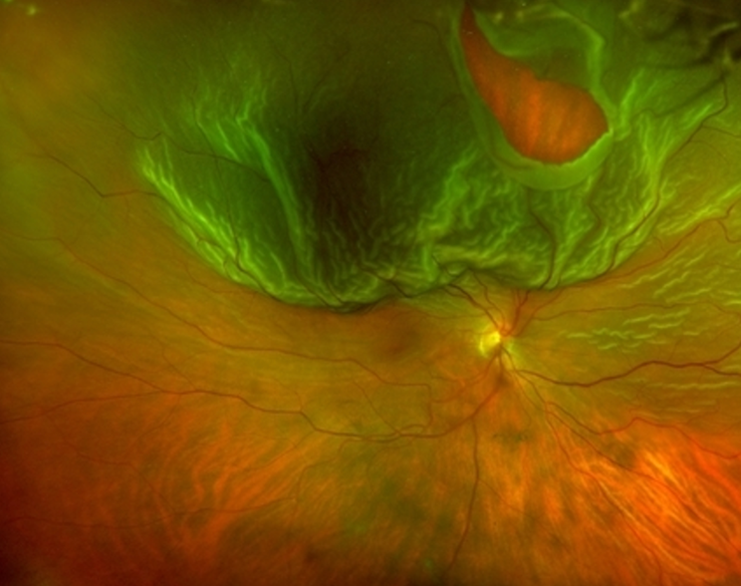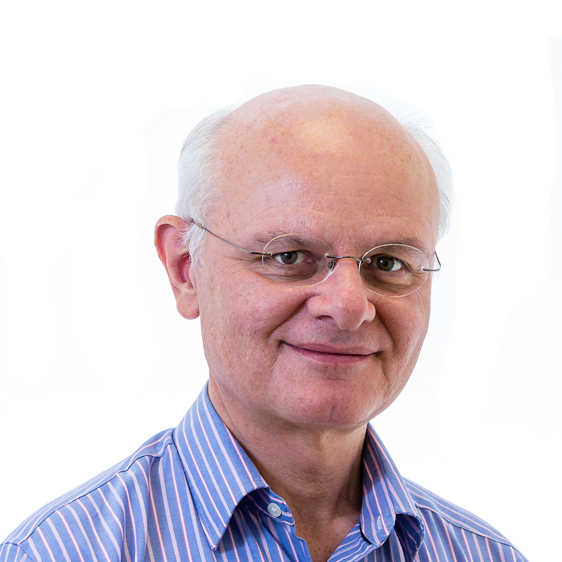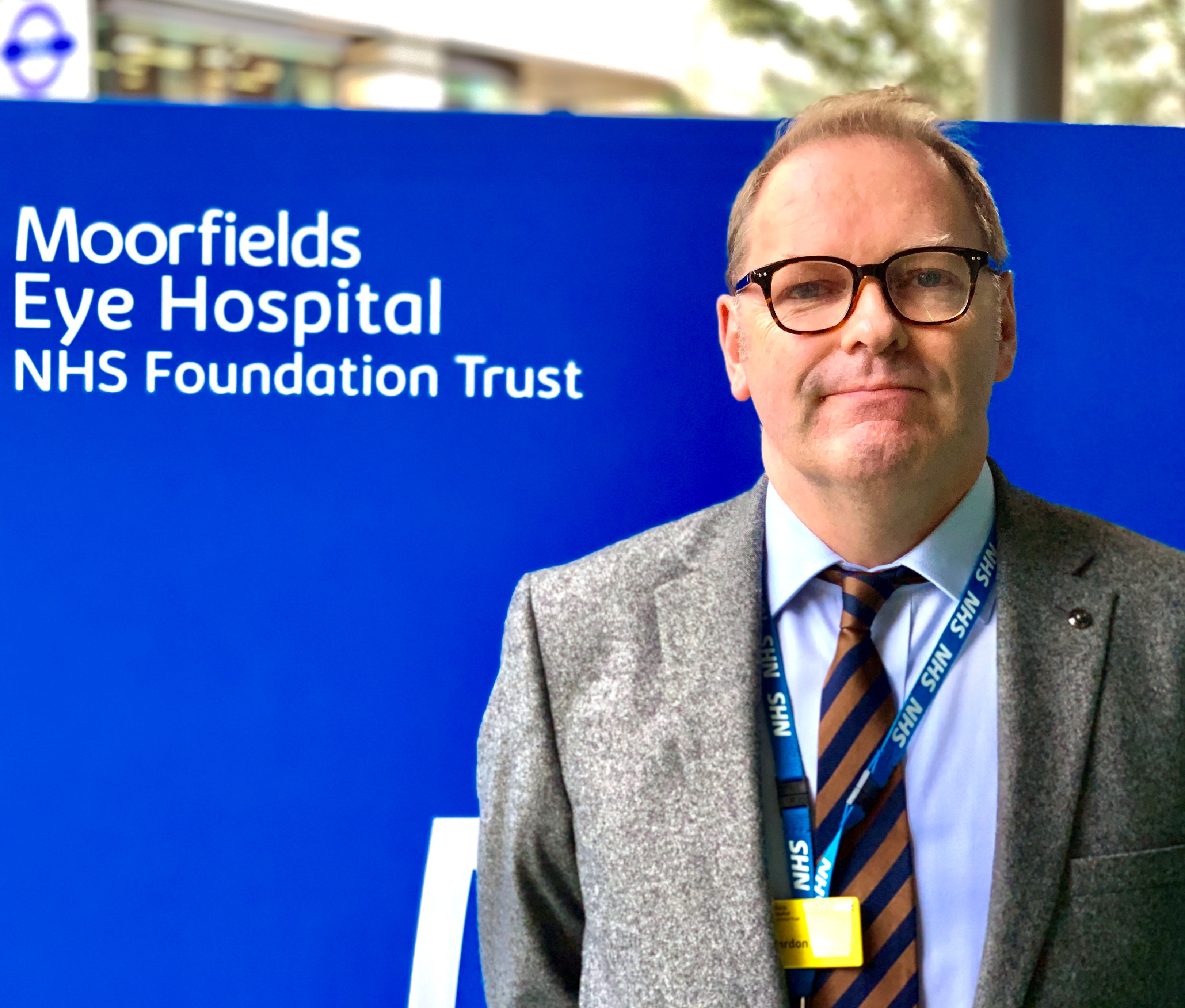
Vitreoretinal emergencies: A practical guide for health care professionals
Overview
- Have you ever wondered…?
- “Does lattice degeneration need to be reviewed urgently?”
- “What should I do with atrophic retinal holes?”
- “Can I observe this patient with flashes and floaters?”
- “What happens to patients once I refer them to the vitreoretinal department?”
- “When should I refer vitreomacular traction and how do I interpret this on OCT?”
This one-day course, led by expert vitreoretinal consultants, is designed to equip allied health professionals with the essential knowledge and clinical skills to recognise, assess, and appropriately refer common and urgent vitreoretinal conditions. Through a combination of concise teaching, real-world case discussions and interactive sessions, the course focuses on practical decision-making in urgent retinal presentations. Due popular demand, this year we have included a relaxed practical session on how to examine the peripheral retina. Special attention is given to differentiating sight-threatening pathology from benign findings, optimising referrals, and avoiding medico-legal pitfalls.
Intended for community optometrists, hospital optometrists, orthoptists, specialist nurse practitioners, junior doctors, general practitioners..
Course aims
- To enhance the ability of allied health professionals to recognise and respond appropriately to urgent and emergency vitreoretinal conditions.
- To build clinical confidence in assessing symptoms such as floaters, flashes, and visual loss, and in distinguishing sight-threatening pathology from benign findings.
- To improve understanding of referral urgency, documentation standards, and common post-operative complications.
- To promote a practical, case-based approach to triage and communication within the multi-disciplinary ophthalmic team.
- To improve examination techniques relevant to VR presentations (in-person attendance only, through practical session).
Learning outcomes
- Describe the key anatomical and pathological features relevant to vitreoretinal emergencies.
- Recognise the clinical signs and symptoms associated with posterior vitreous detachment, retinal tears, and retinal detachment.
- Differentiate between urgent and non-urgent retinal conditions, including peripheral degenerations and chronic retinal detachments.
- Interpret fundus images and OCT findings to support triage decisions.
- Demonstrate appropriate documentation of retinal findings and rationale for referral urgency.
- Identify common post-operative complications and red flags following vitreoretinal surgery.
- Apply case-based reasoning to make triage decisions and communicate effectively within referral pathways.
- Reflect on medico-legal implications of missed or delayed referrals and strategies to minimise risk.
Course structure
The course features a full day of lectures delivered by leading speakers including: Ms Louisa Wickham, Consultant vitreo-retinal surgeon. Mr Paul Sullivan, Consultant vitreo-retinal surgeon at Moorfields Eye Hospital, London. Ben Kirkpatrick, Consultant vitreoretinal surgeon.
You will have the option to attend in-person at our training centre in Ebenezer Street, London N1 or online. For in-person attendees the day will conclude with a practical session covering indirect examination techniques and fundus lens exam.
Click here to view the full programme.
Who should attend
- Advanced clinical practice nurses
- Optometrists
- Orthoptists
- FY1-FY2s applying to ophthalmology
CPD Certification
This course carries 3 interactive GOC CPD points.
The content of this course has been certified by The CPD Certification Service as conforming to continuing professional development principles. The course carries 8 CPD hours.
Requirement
In order to join the course online, you will need access to a computer (laptop or desktop) with a webcam and microphone.

Book Now
| Date | Location | Time | Seats | Price | |
| 16 October 2025 | Education Hub, 15 Ebenezer Street, London N1 7NH, observership at Moorfields City Road | In-person, doctor and non-NHS AHP | £175.00 | ||
| 16 October 2025 | Education Hub, 15 Ebenezer Street, London N1 7NH, observership at Moorfields City Road | In-person, NHS AHP (nurse, optometrist, orthoptist etc) | £125.00 | ||
| 16 October2025 | virtual via MS Teams | online, doctor and non-NHS AHP | £125.00 | ||
| 16 October 2025 | virtual via MS Teams | online, NHS AHP (nurse, optometrist, orthoptist etc) | £80.00 |
Course fees
Location
Taught by

Paul Sullivan
Paul Sullivan is a vitreoretinal surgeon and Director of Postgraduate Medical Education at Moorfields Eye Hospital. He worked as a research fellow in the Diabetic Eye Unit at the Royal Postgraduate Medical School. His clinical ophthalmology training was in London and in Southampton under Professor Andrew Elkington, who stimulated his interest in medical education. He has been a consultant at Moorfields since 1997 and was the clinical lead for vitreoretinal surgery from 1999 until 2006, when he took over from John Lee as Director of Education. His major research interest is in complications of cataract and vitreoretinal surgery and he has published many papers in this area. His educational interests are microsurgical skills training, faculty development and elearning. He has set up a not-for-profit publishing company, Eyelearning, which distributes free interactive e-textbooks on ophthalmic microsurgical techniques (see also www.eyelearning.co.uk). eBooks on trauma and vitreoretinal and phacoemulsification surgery are available now. He is a Board member of the Moorfields-Korle Bu partnership and has worked with the West African College of Surgeons on curriculum and faculty development. As well as various ophthalmology educational roles he was elected to the Council of NACT in 2010. He received an achievement award from the American Academy of Ophthalmology in 2013.

Louisa Wickham
Louisa Wickham is a Consultant Ophthalmologist and Medical Director at Moorfields Eye Hospital. Louisa joined Moorfields in 2009 as a consultant in vitreoretinal surgery and medical retina. A retinal specialist with extensive experience in the treatment and management of retinal disease, she has published widely on the subject of retinal disease and is currently involved in a number of clinical research projects. Louisa has a particular interest in surgical innovation and pathway transformation, helping to lead the cataract drive, reducing the waiting list by intensively focusing resources on cataracts to quadruple the number of operations at Moorfields in a week.

Gordon Hay
Gordon Hay has worked in Ocular Oncology for 20 years. He first worked with Mr John Hungerford & Dr Judith Kingston in the Ocular Oncology and Retinoblastoma Services at Bart's Hospital having undertaken his basic training in Ophthalmology/Ocular Oncology at Barts & The London. Dr Hay then had a career break in Australia - where he spent several years as a single-handed flying doctor and rural Medical Superintendent and Government Medical Officer in Queensland. He returned to the UK in 2004 to take up a post in Adult Ocular Oncology at Barts Hospital. In January 2015 he moved to the world-renowned Moorfields Eye Hospital where he specialises in A&E (Emergency Ophthalmology) and Ocular Oncology - working in Mandeep Sagoo’s Professorial Ocular Oncology Unit. For many years Dr Hay ran the Ophthalmology component of the Cambridge Graduate Course in Medicine. He also has 16 years' experience of teaching/lecturing to Ophthalmology trainees, Optometrists and GPs on all aspects of clinical care and examination skills. Gordon has been the clinical director of the Emergency Department since November 2019. He lectures widely to Ophthalmic trainees and optometrists on Ocular Oncology and A&E in the United Kingdom. He also has a keen interest in primary care ophthalmology and Community Optometry Service Delivery and is a keen proponent in up-skilling in the community setting. Gordon is the Service Director for A&E/Urgent Care Services at Moorfields Eye Hospital and in February 2020, was appointed Deputy Director of Education at UCL Institute of Ophthalmology. He also lectures on the UCL M.Sc. in Ophthalmology Course in Emergency Ophthalmology and Ocular Oncology and runs the UCL Summer School in Ophthalmology. Dr Hay has won numerous awards over the past few years in his A&E role and has successfully transitioned his department into the digital sphere. Moorfields A&E Has garnered 5 major national awards for Emergency Eye care - including Health Service Journal Top A&E department in the UK, Second top for trainee education in the UK, and UCL as top higher institution in the world to study ophthalmology. He is a keen proponent in upskilling ancillary staff and has incorporated advanced nursing and optometrists practitioners into the A&E setting. His department has also won three digital awards for the Attend Anywhere virtual A&E service. In September 2022 he became Associate Professor at the UCL Institute of Ophthalmology.

Niall Patton
Niall Patton is a Consultant Ophthamologist, Cataract and Vitreoretinal Surgeon at the Manchester Royal Eye Hospital. He is also Director of the Manchester Vitreoretinal Fellowship Program for International Ophthalmologists from around the world who visit Manchester Royal Eye Hospital to gain high level surgical and clinical expertise in the management of retinal disease. He graduated in Medicine from the University of Manchester in 1996. He completed his ophthalmic surgical training at the Manchester Royal Eye Hospital and the Princess Alexandra Eye Pavilion, Edinburgh. In addition, he has undertaken four years of specialist Vitreoretinal surgical fellowship training at the Lions Eye Institute, Western Australia, Princess Alexandra Eye Pavilion, Edinburgh, Tennant Eye Institute, Glasgow and Moorfield’s Eye Hospital, London. He was appointed as a Consultant at Manchester Royal Eye Hospital in 2008. He continually audits his own practice to maintain the highest standards of medical and surgical care. In addition to his clinical expertise, he has completed ophthalmic research in a variety of different ophthalmic fields and has been successful in procuring research grants from the Royal College of Surgeons, Edinburgh. His research culminated in the award of a Doctorate from the University of Manchester in 2006. He has spoken at national and international ophthalmology meetings, including the United States, Australia, and Europe. In addition to 53 peer-reviewed publications in ophthalmic journals, he has also co-authored a chapter of a textbook and has served as a reviewer for major international ophthalmology journals, including Investigative Ophthalmology & Visual Science, Ophthalmology, Archives of Ophthalmology & Journal of Applied Physiology. He has also served as a grant reviewer for the Welcome Trust.
Ben Kirkpatrick
Ben Kirkpatrick completed his ophthalmology training in a highly competitive North Thames rotation with subspecialist training in vitreoretinal surgery. In addition to his clinical success, Ben enjoys travelling and undertook two years out of training research to conduct ophthalmic survey's in Gambia with Professor Burton at the London School of Hygiene and Tropical Medicine. He is currently undertaking an educational fellowship focusing on vitreoretinal surgery at Moorfields Eye Hospital and is keen to share his common insight from junior training registrars.


